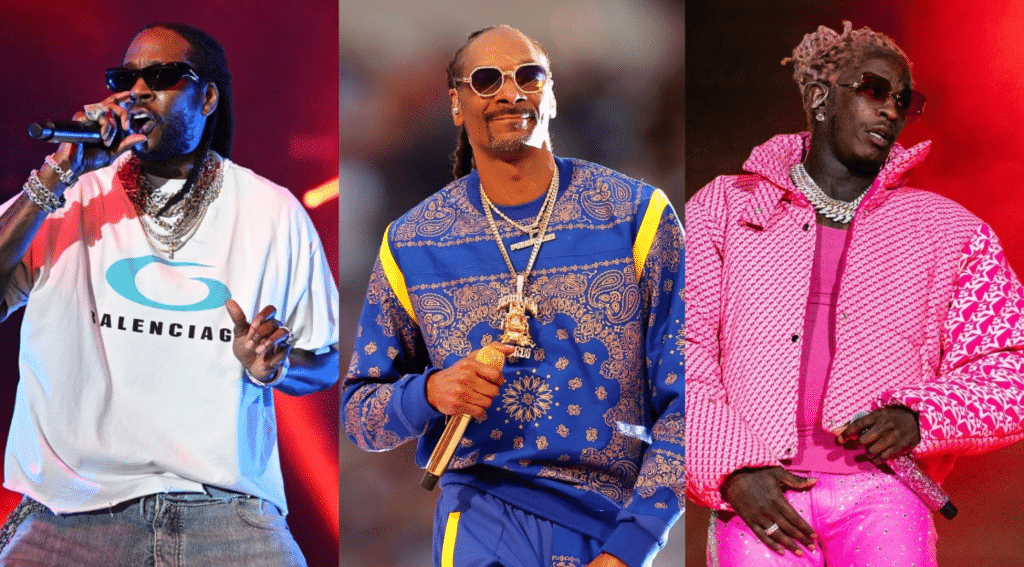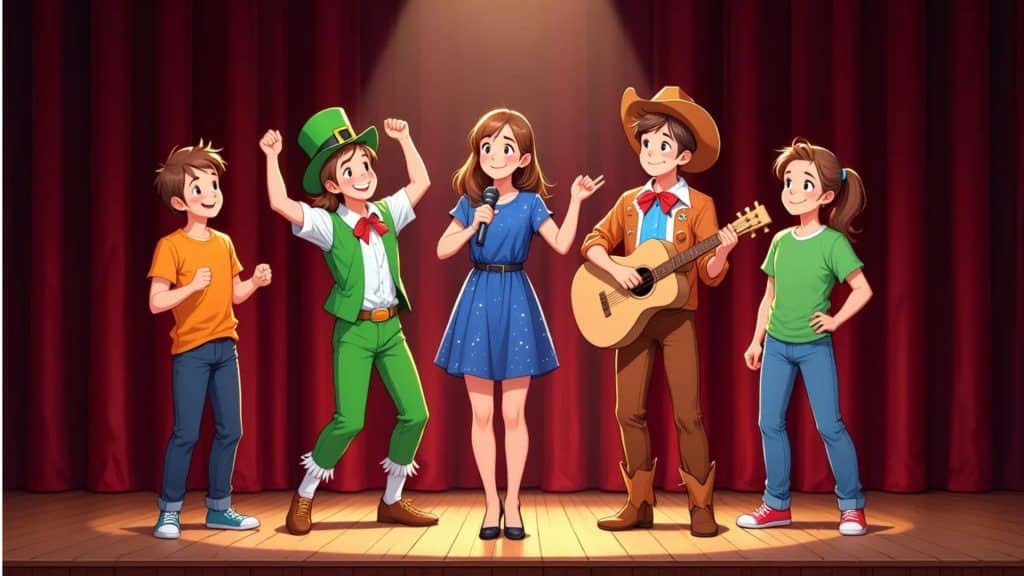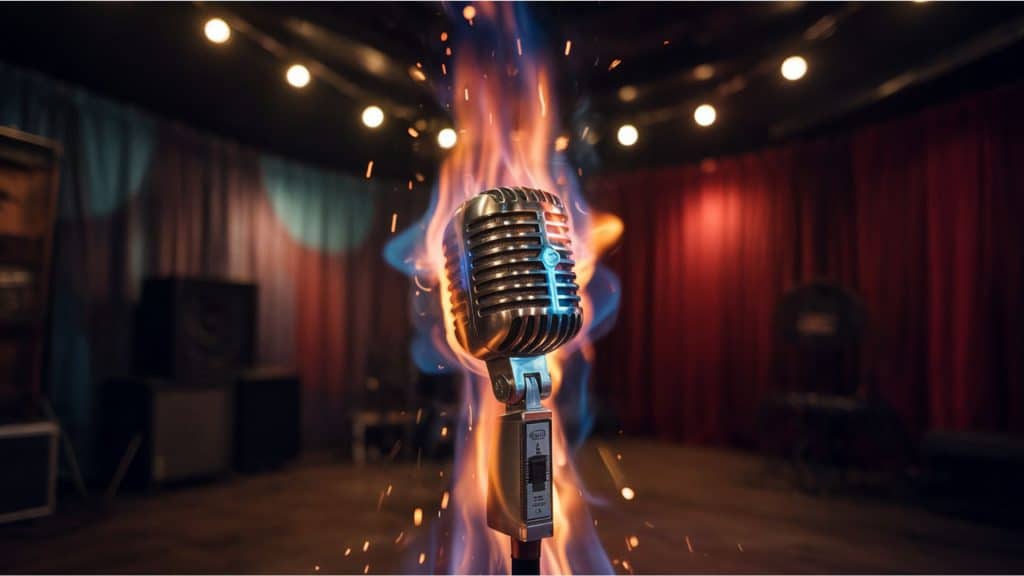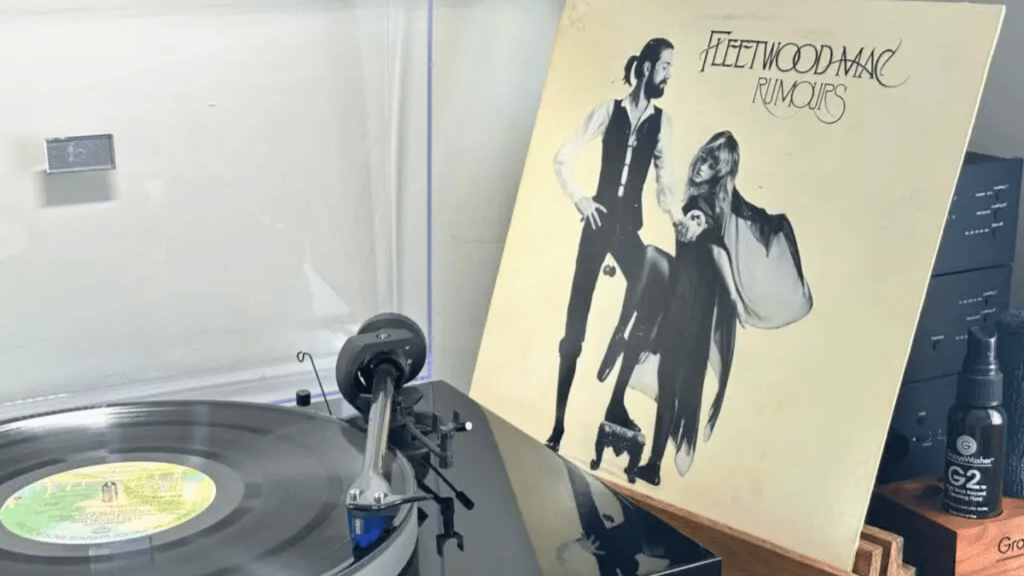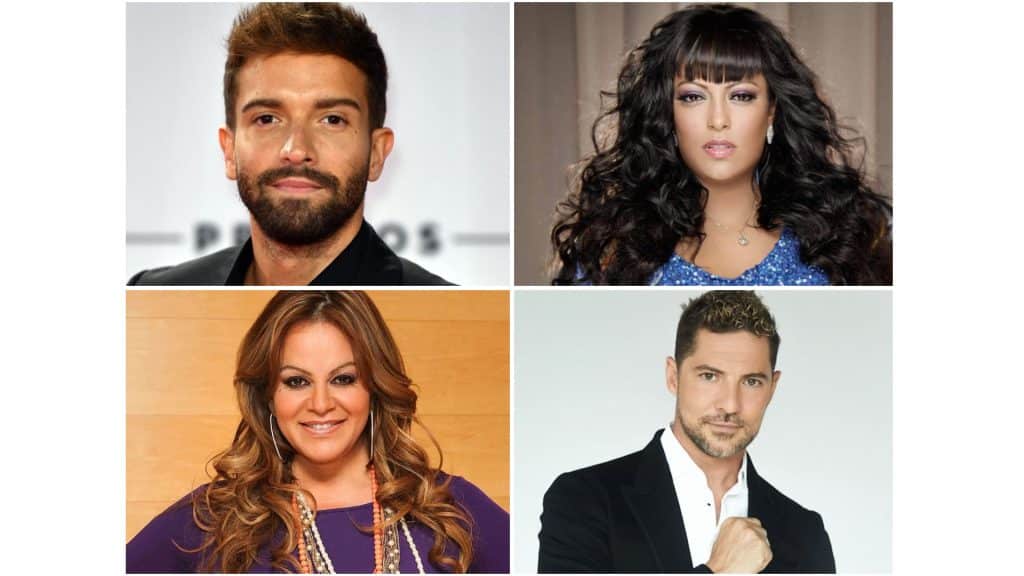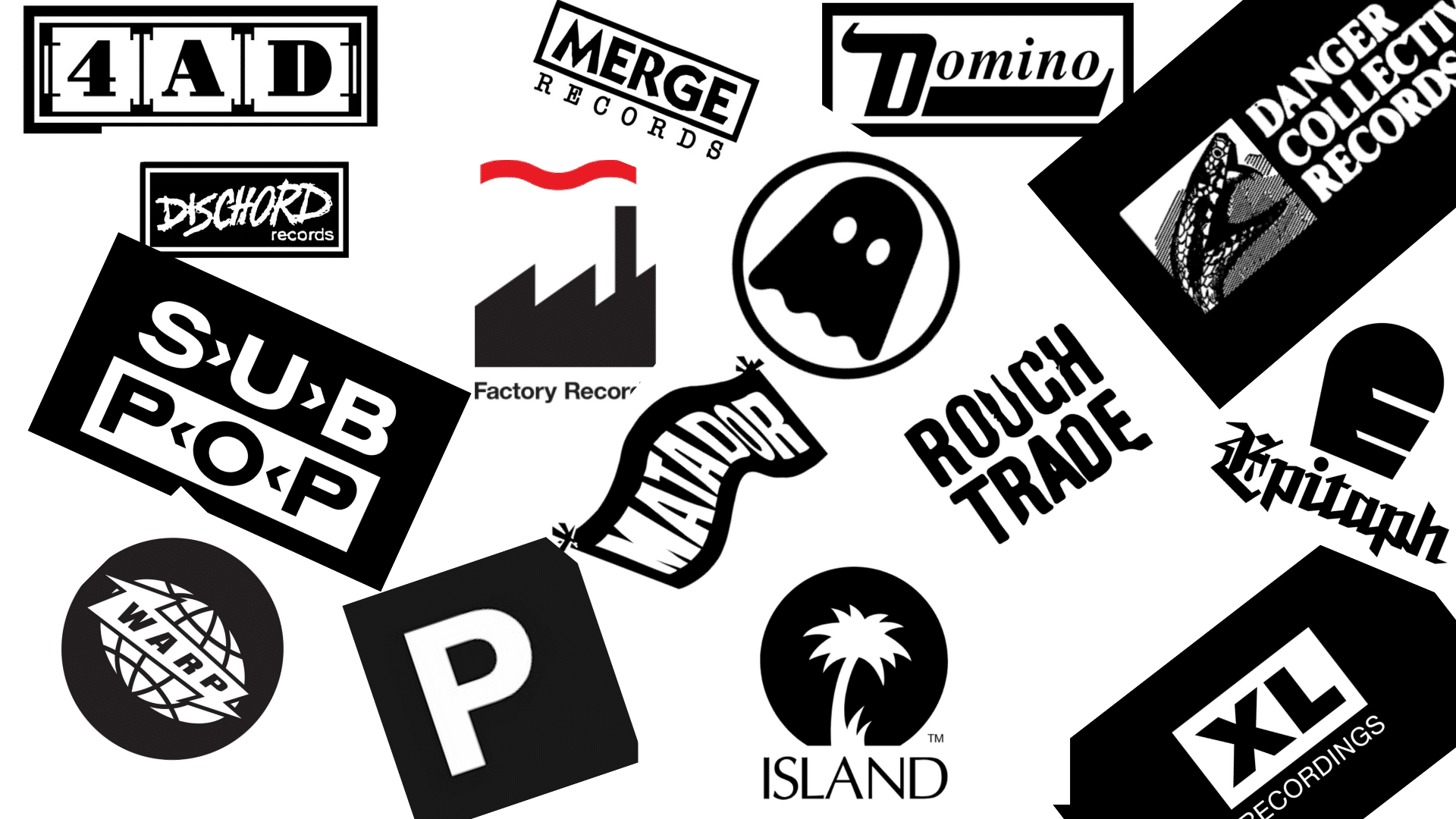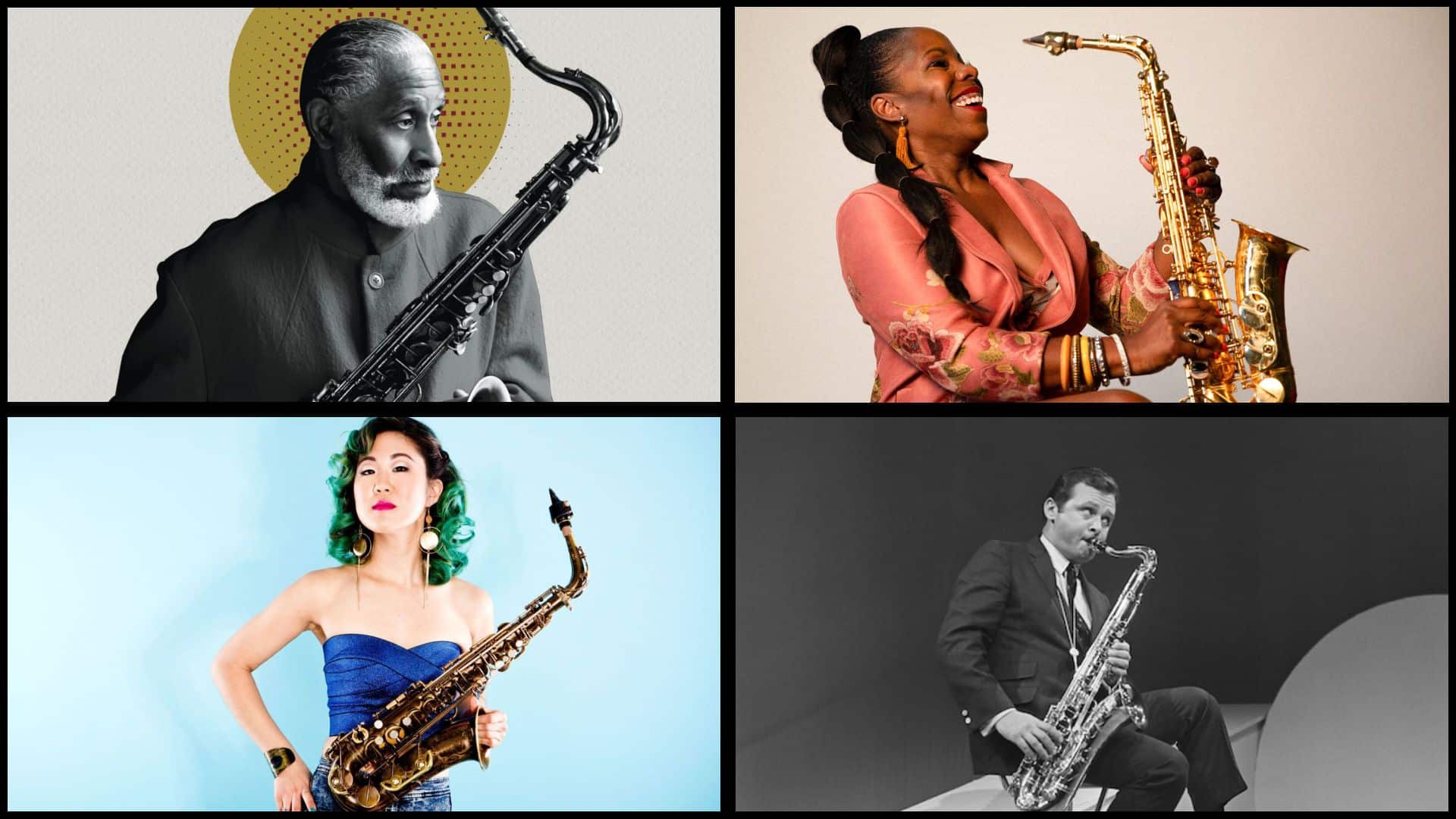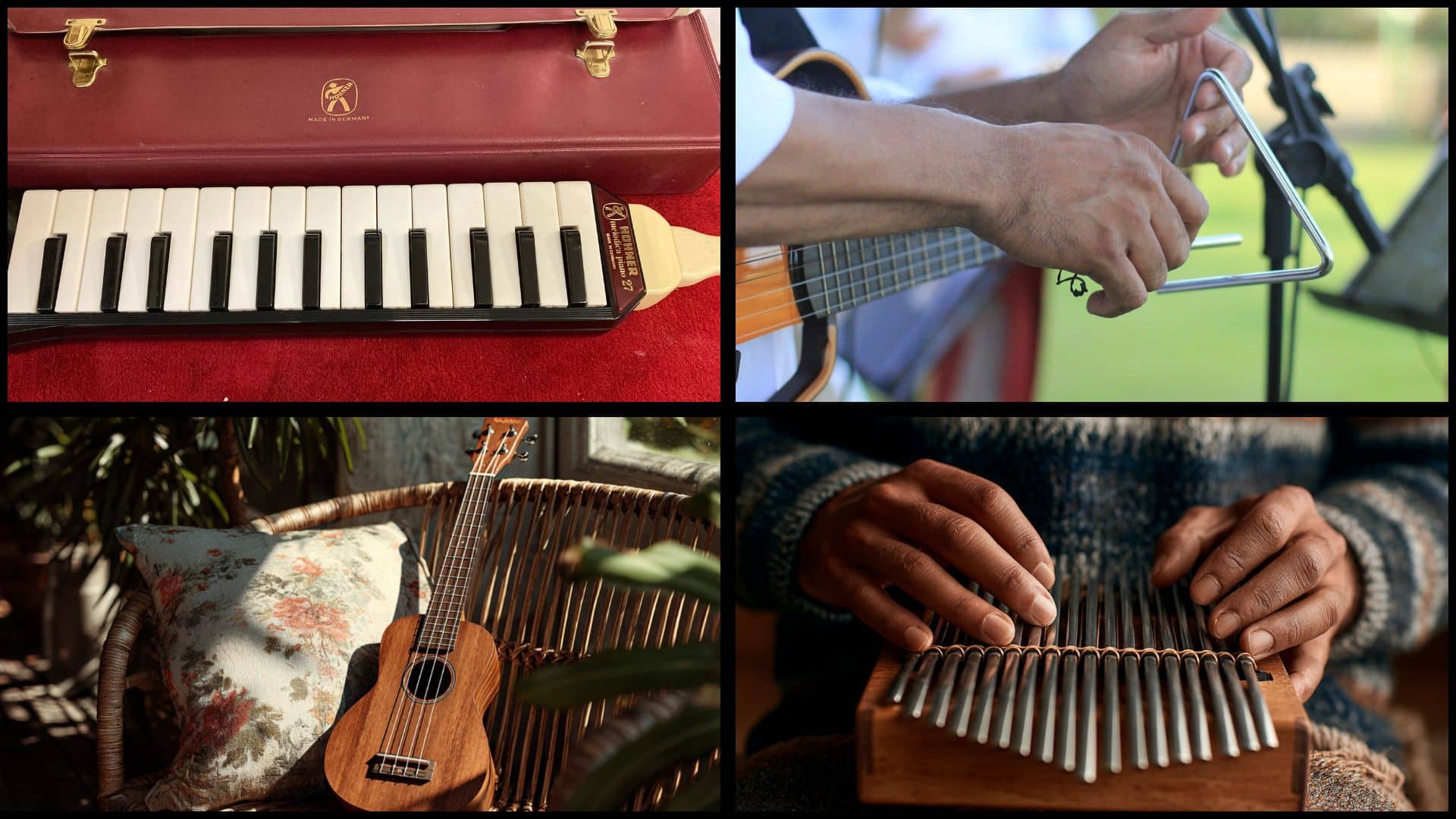I’ve always seen comedy as a mirror of culture, and Hispanic male comedians have used it to share meaningful stories through laughter.
From small clubs to world stages, they’ve changed personal experiences into humor that connects across generations.
These comedians do more than make audiences laugh; they also bring Latino identity, language, and traditions into mainstream entertainment.
Their influence shows up in sitcoms, stand-up specials, and films that opened doors for broader representation.
By looking at the trailblazers who paved the way, the icons who kept the momentum alive, and the new voices rising today, you can see how comedy continues to grow while building connections that reach far beyond the stage.
Legendary Hispanic Male Comedians
Their talent not only entertained audiences but also broke barriers in film, television, and stand-up.
Each of them used comedy to share culture, challenge stereotypes, and connect with people everywhere.
1. Cantinflas

Cantinflas, born Mario Moreno, became a global name with witty films that mixed humor and social commentary. His physical comedy and clever timing earned him fans across generations and cultures.
Notable Works: Ahí está el detalle, Around the World in 80 Days.
2. Cheech Marin

Cheech found fame creating stoner humor that defined a generation while promoting Latino culture. Beyond comedy, he built a career in film, TV, and even art, showcasing his versatility.
Notable Works: Up in Smoke, Cheech & Chong’s Next Movie.
3. Paul Rodriguez

Rodriguez brought sharp takes on identity and family life to stand-up, later expanding into film and TV. His long career has made him one of the most enduring Latino voices in American entertainment.
Notable Works: The Whoopee Boys, Born in East L.A., HBO specials.
4. Freddie Prinze

Prinze became a breakout star with his sharp humor and natural stage presence. He quickly rose to national fame, opening doors for Latino performers in mainstream television and stand-up.
Notable Works: Chico and the Man.
Together, these legends built a lasting legacy that continues to influence Latino comedy today.
Mainstream Icons Who Shaped Modern Comedy
These comedians became household names and brought Latino humor into the mainstream.
Their success across TV, film, and live performance gave wider visibility to Hispanic voices and influenced how comedy is experienced today:
5. George Lopez

Lopez’s hit sitcom and stand-up act spotlighted Latino family life and everyday struggles in America. He paved the way for more representation in prime-time TV while staying true to his roots.
Notable Works: George Lopez Show, Lopez Tonight, HBO specials.
6. Gabriel Iglesias “Fluffy”

Iglesias entertains with high-energy stories, sound effects, and Netflix specials that reach global audiences. His mix of personal stories and self-deprecating humor makes him one of the most beloved comedians today.
Notable Works: I’m Not Fat… I’m Fluffy, One Show Fits All, Stadium Fluffy.
7. John Leguizamo

Leguizamo blends comedy, acting, and cultural commentary in acclaimed one-man shows and films. He also uses his platform to advocate for Latino representation in the entertainment industry.
Notable Works: Mambo Mouth, Spic-O-Rama, Latin History for Morons.
8. Carlos Mencia

Mencia gained wide attention with stand-up that often pushed boundaries on race, culture, and politics. His bold style made him both popular and polarizing, but it also brought Latino perspectives into mainstream conversations about comedy.
Notable Works: Mind of Mencia, Not for the Easily Offended.
9. Eugenio Derbez

Derbez built success with lighthearted, bilingual comedy that appeals to both U.S. and Latin audiences. He has also become a respected producer and director, expanding the Latino presence in film.
Notable Works: Instructions Not Included, La Familia P. Luche.
Rising Hispanic Male Comedians to Watch
A new wave of Hispanic comedians is connecting with audiences through streaming, social media, and live tours, carrying forward the influence of past legends.
Here are some rising male comedians worth watching.
10. Ralph Barbosa

Barbosa’s laid-back style and calm delivery have made him a standout in today’s comedy scene. His clever punchlines and low-key presence create a unique contrast to the louder, high-energy acts audiences are used to.
Notable Works: Cowabunga (Netflix).
11. Ken Flores

Flores built a loyal following with social media clips and down-to-earth humor. His rapid rise shows how digital platforms are changing the path to comedy success.
Notable Works: Viral TikTok and Instagram stand-up clips.
12. Rene Vaca

Vaca, winner of NBC’s stand-up showcase, mixes personal stories with sharp comedy. His relatable material about family and culture makes him a fresh new voice.
Notable Works: NBC Stand-Up Showcase.
13. Nick Guerra

Guerra is known for rapid punchlines and lively stage performances on major platforms. His sharp timing and confident stage presence keep audiences engaged.
Notable Works: Last Comic Standing, The Tonight Show Starring Jimmy Fallon.
14. Steve Treviño

Treviño draws laughs from marriage and parenting, calling himself “America’s favorite husband.” His family-focused humor resonates with both Latino and non-Latino audiences.
Notable Works: Relatable, Till Death, My Life in Quarantine.
These rising comedians show that Hispanic humor continues to grow, keeping Latino voices strong in today’s scene.
The Role of Culture and Identity in Their Comedy
Hispanic comedians use humor to share experiences and connect with audiences on a deeper level.
Their material often reflects cultural pride and the challenges of living between two worlds. Here’s how culture and identity shape their comedy:
- Tackling stereotypes: Many comedians turn stereotypes into punchlines, using laughter to challenge misconceptions and change perspectives.
- Celebrating Latino heritage: Stories about family, traditions, and everyday life highlight pride in their roots while staying relatable.
- Bilingual and bicultural humor: Switching between English and Spanish, or blending both cultures, makes their comedy authentic and widely engaging.
- Highlighting immigration stories: Some comedians share their own or their family’s migration journeys, turning personal struggles into humor that resonates.
- Family-centered jokes: Comedy about parents, kids, and extended relatives shows how strong family bonds shape Latino life.
- Calling out social issues: Many use humor to discuss race, inequality, and politics in a way that sparks thought while keeping audiences laughing.
- Connecting across generations: By mixing traditional values with modern themes, they bring older and younger audiences together.
This mix of culture and humor not only entertains but also helps bridge communities and spark understanding.
Conclusion
I’ve always believed comedy is more than just entertainment; it’s a way to connect people, start conversations, and carry culture forward.
Hispanic male comedians have shown this by using humor to bridge generations, challenge stereotypes, and give a platform to voices that might otherwise be missed.
From the legends who laid the foundation to the new talents shaping today’s stages, their work proves how powerful comedy can be as both art and influence. When you laugh along, you’re not just entertained, you’re witnessing culture in motion.
If this glimpse into comedy’s role in Latino culture resonated with you, check out other blogs on the website for more insights on entertainment, lifestyle, and beyond!




